François Houle 4 - Recoder (2020) [Hi-Res]
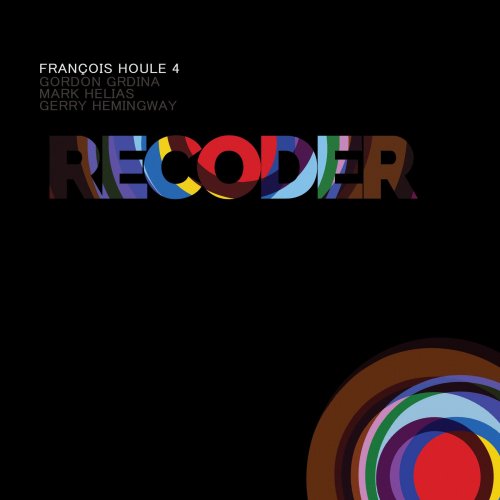
Artist: François Houle 4
Title: Recoder
Year Of Release: 2020
Label: Songlines Recordings
Genre: Jazz
Quality: Mp3 320 kbps / FLAC (tracks) / 24bit-48kHz FLAC (tracks+booklet)
Total Time: 59:05
Total Size: 135 / 253 / 552 MB
WebSite: Album Preview
Tracklist:Title: Recoder
Year Of Release: 2020
Label: Songlines Recordings
Genre: Jazz
Quality: Mp3 320 kbps / FLAC (tracks) / 24bit-48kHz FLAC (tracks+booklet)
Total Time: 59:05
Total Size: 135 / 253 / 552 MB
WebSite: Album Preview
1. Prelude (5:47)
2. The Black Bird (5:32)
3. Interlude 1 (1:00)
4. Big Time Felter (6:41)
5. Interlude 2 (1:36)
6. Canyamel [SINGLE] (3:41)
7. Interlude 3 (1:04)
8. Recoder (9:50)
9. Interlude 4 (1:40)
10. Bowen (6:29)
11. Interlude 5 (1:17)
12. Morning Song 1 (for Ted Byrne) (7:22)
13. Interlude 6 (1:38)
14. Baseline (4:59)
15. Postlude (0:37)
“Houle has documented a pretty broad spectrum of work, from 20th century interpretations to chamber/modern jazz and ethnographically inspired improvisation….Genera is a very fine record that displays excellently Houle’s writing and the ability of his chosen ensemble to both strut their stuff and express [his] vision.”
– Clifford Allen, Point Of Departure
Genera, by François Houle 5+1 (2012) was the Canadian clarinetist’s last ambitious creative jazz project, though 2018’s Houle/Hawkins/Eisenstadt trio You Have Options was lovely and exemplary in its own way. But last year he started working on a new group including Vancouver guitarist Gordon Grdina (the two go back together more than 15 years and most recently were co-leaders of Ghost Lights) and two outstanding improvisers who had not previously featured in his bands. The music is rhythmically driven, with Grdina’s incendiary guitar playing matched by Mark Helias’ fluid bass lines and Gerry Hemingway’s propulsive, unconventional drumming. Following a rigorous compositional process, RECODER was designed to highlight the musicians’ infectious virtuosity and to tackle ideas inspired by a wide range of influences, from Miroslav Vitous, Olivier Messiaen and Jimmy Giuffre to Anthony Braxton. Houle is also an accomplished and busy classical, new music and world music performer and a noted composer-performer of electroacoustic clarinet music. When he turns his focus to avant jazz, this unusually broad range of musical experience inevitably contributes to the music’s interest.
The key for Houle lies in the “casting” and subsequent compositional process: “My goal was to create a music that would challenge the musicians, but always in full respect and understanding of their own personal affinities. In Genera I would allow myself to put two contrasting ideas together, and create ‘transitional’ spaces to link them, creating longer, suite-like miniature tone poems. In RECODER I wanted the ideas to be succinct and focused. I did more revisions and experiments than I would normally, in order to be convinced that the choices I made were indeed the most appropriate ones. Once in rehearsals, and at the studio, there was yet another level of probing in order to really squeeze out the full potential of an idea. The musicians were in some ways relentless in their pursuit of that. In their solo contributions and improvisations on this album, I felt that the they found some truly creative and imaginative ways to interpret the material, and to support each other in weaving a coherent canvas for self-expression.”
“My writing style leans heavily on the juxtaposition of melodic threads, from which harmonies and structural elements emerge. It is in part based on my affinity for classical counterpoint, but more directly on my affection for a certain kind of jazz and improvised music – the chamber music-like interplay heard in the Jimmy Giuffre Trio’s seminal albums Fusion and Thesis, and in Steve Lacy and Gil Evans’ Paris Blues album. I am also indebted to Anthony Braxton for his teachings and writings on creative and re-structural concepts. In these recordings the harmony and rhythm are very often defined not by the archetypical roles of the instruments (bass plays a bass line, the piano plays chords, etc.) but rather by a complex layering of melodic threads from which harmonies and rhythmic aspects emerge through the interplay between the protagonists. That’s what I’m after in my own writing. The music is conceived very methodically, with pitch cells, tonal key areas that are constantly shifting, and rhythmic figures that I stretch and compress following a pre-established yet flexible compositional matrix. But rather than dictating what the mood or spirit of the music should be, I let the compositional ideas lead the way and take me down some path where a range of emotions emerge. The intellect eventually takes a backseat to what the music expresses, and I navigate that fine line between territories.”
“Gerry and I talked about the magical, the unexpected, about how does one arrive at a musical composition that is evocative and surprising, while observing traditional morphologies and stylistic identifiers. I wanted to write pieces that reflected my sound world, but with a focus on the transformational. Gerry suggested Miroslav Vitous’ 2003 ECM recording Universal Syncopations [featuring Garbarek, McLaughlin and DeJohnette] as an example of a recording he felt conveyed that. As a listener, you marvel at the ingenuity of the result while wondering how the musicians got to that end. It’s an absolutely mesmerizing album in so many ways. Very orchestral in scope, yet very intimate and soulful. It would be a conceit to compare my writing to what these masters have created, but I’d say the similarities are in the act of trying to find fresh new ways to express the human spirit in sound.”
“The duets are all free improvised, short, single takes. Mark and I spent about two hours just playing, having fun talking to each other in clarinet language! I was looking to balance the highly structured pieces with something more spontaneous and free.”
François Houle, clarinet
Gordon Grdina, guitar
Mark Helias, double bass, clarinet
Gerry Hemingway, drums
1, 3, 5, 7, 9. 11, 13, 15 by François Houle & Mark Helias, and 2, 4, 6, 8, 10, 12, 14 composed by François Houle.
– Clifford Allen, Point Of Departure
Genera, by François Houle 5+1 (2012) was the Canadian clarinetist’s last ambitious creative jazz project, though 2018’s Houle/Hawkins/Eisenstadt trio You Have Options was lovely and exemplary in its own way. But last year he started working on a new group including Vancouver guitarist Gordon Grdina (the two go back together more than 15 years and most recently were co-leaders of Ghost Lights) and two outstanding improvisers who had not previously featured in his bands. The music is rhythmically driven, with Grdina’s incendiary guitar playing matched by Mark Helias’ fluid bass lines and Gerry Hemingway’s propulsive, unconventional drumming. Following a rigorous compositional process, RECODER was designed to highlight the musicians’ infectious virtuosity and to tackle ideas inspired by a wide range of influences, from Miroslav Vitous, Olivier Messiaen and Jimmy Giuffre to Anthony Braxton. Houle is also an accomplished and busy classical, new music and world music performer and a noted composer-performer of electroacoustic clarinet music. When he turns his focus to avant jazz, this unusually broad range of musical experience inevitably contributes to the music’s interest.
The key for Houle lies in the “casting” and subsequent compositional process: “My goal was to create a music that would challenge the musicians, but always in full respect and understanding of their own personal affinities. In Genera I would allow myself to put two contrasting ideas together, and create ‘transitional’ spaces to link them, creating longer, suite-like miniature tone poems. In RECODER I wanted the ideas to be succinct and focused. I did more revisions and experiments than I would normally, in order to be convinced that the choices I made were indeed the most appropriate ones. Once in rehearsals, and at the studio, there was yet another level of probing in order to really squeeze out the full potential of an idea. The musicians were in some ways relentless in their pursuit of that. In their solo contributions and improvisations on this album, I felt that the they found some truly creative and imaginative ways to interpret the material, and to support each other in weaving a coherent canvas for self-expression.”
“My writing style leans heavily on the juxtaposition of melodic threads, from which harmonies and structural elements emerge. It is in part based on my affinity for classical counterpoint, but more directly on my affection for a certain kind of jazz and improvised music – the chamber music-like interplay heard in the Jimmy Giuffre Trio’s seminal albums Fusion and Thesis, and in Steve Lacy and Gil Evans’ Paris Blues album. I am also indebted to Anthony Braxton for his teachings and writings on creative and re-structural concepts. In these recordings the harmony and rhythm are very often defined not by the archetypical roles of the instruments (bass plays a bass line, the piano plays chords, etc.) but rather by a complex layering of melodic threads from which harmonies and rhythmic aspects emerge through the interplay between the protagonists. That’s what I’m after in my own writing. The music is conceived very methodically, with pitch cells, tonal key areas that are constantly shifting, and rhythmic figures that I stretch and compress following a pre-established yet flexible compositional matrix. But rather than dictating what the mood or spirit of the music should be, I let the compositional ideas lead the way and take me down some path where a range of emotions emerge. The intellect eventually takes a backseat to what the music expresses, and I navigate that fine line between territories.”
“Gerry and I talked about the magical, the unexpected, about how does one arrive at a musical composition that is evocative and surprising, while observing traditional morphologies and stylistic identifiers. I wanted to write pieces that reflected my sound world, but with a focus on the transformational. Gerry suggested Miroslav Vitous’ 2003 ECM recording Universal Syncopations [featuring Garbarek, McLaughlin and DeJohnette] as an example of a recording he felt conveyed that. As a listener, you marvel at the ingenuity of the result while wondering how the musicians got to that end. It’s an absolutely mesmerizing album in so many ways. Very orchestral in scope, yet very intimate and soulful. It would be a conceit to compare my writing to what these masters have created, but I’d say the similarities are in the act of trying to find fresh new ways to express the human spirit in sound.”
“The duets are all free improvised, short, single takes. Mark and I spent about two hours just playing, having fun talking to each other in clarinet language! I was looking to balance the highly structured pieces with something more spontaneous and free.”
François Houle, clarinet
Gordon Grdina, guitar
Mark Helias, double bass, clarinet
Gerry Hemingway, drums
1, 3, 5, 7, 9. 11, 13, 15 by François Houle & Mark Helias, and 2, 4, 6, 8, 10, 12, 14 composed by François Houle.
![Sonny Stitt - A Tribute To Duke Ellington (With Strings) (2026) [Hi-Res] Sonny Stitt - A Tribute To Duke Ellington (With Strings) (2026) [Hi-Res]](https://www.dibpic.com/uploads/posts/2026-01/1768738436_cover.jpg)
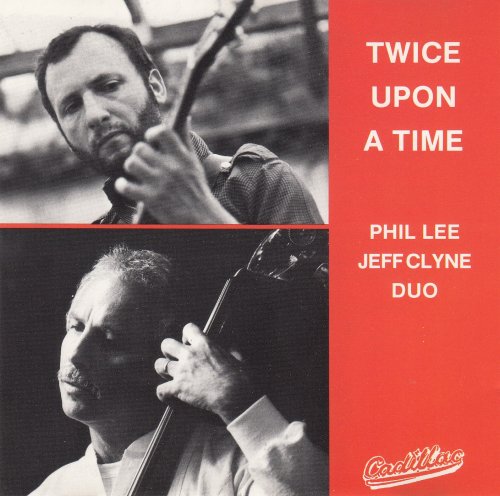
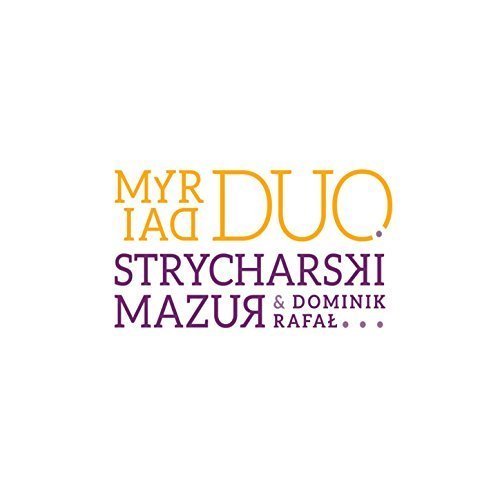
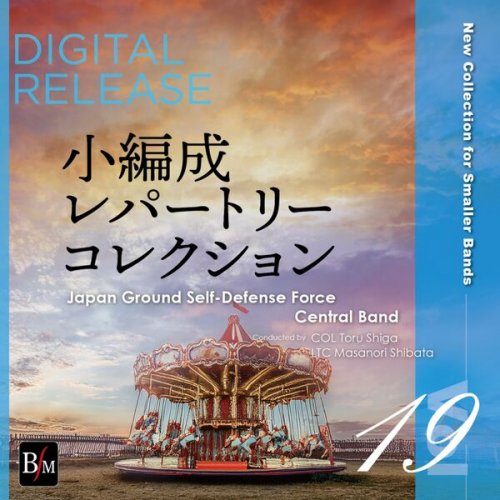
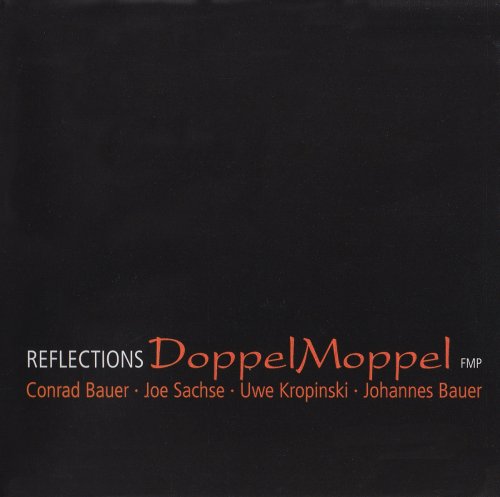
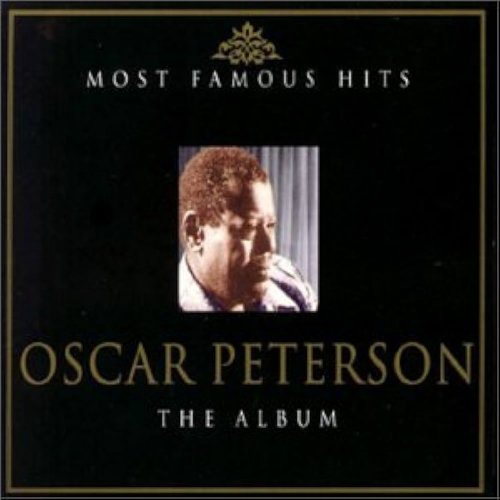
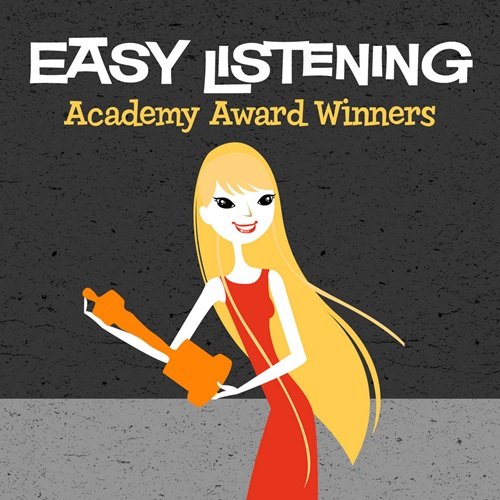
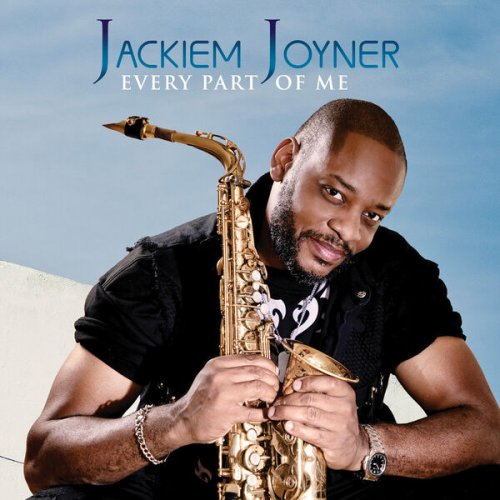
![Veslemøy Narvesen - Letting All Light Through (2026) [Hi-Res] Veslemøy Narvesen - Letting All Light Through (2026) [Hi-Res]](https://www.dibpic.com/uploads/posts/2026-01/1768543472_cover.jpg)